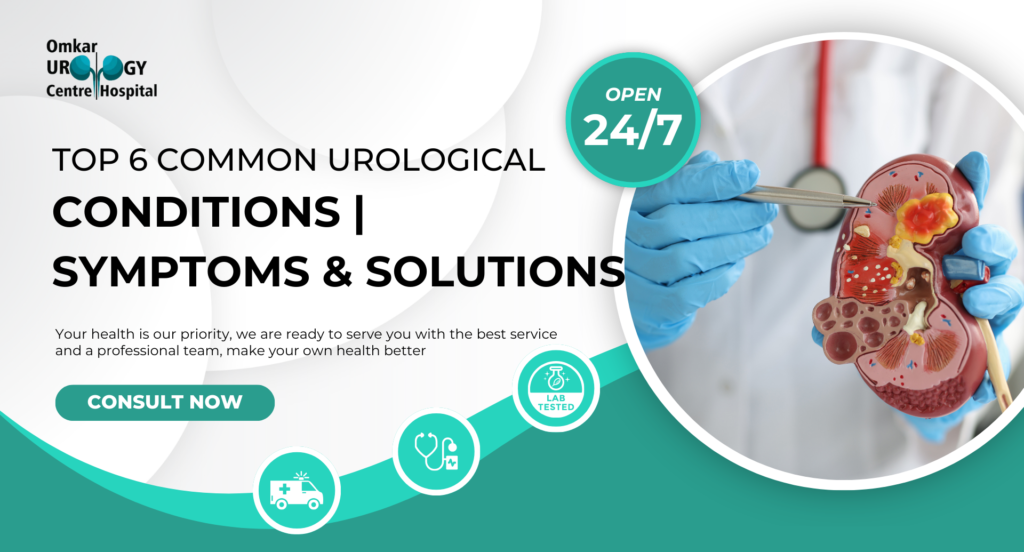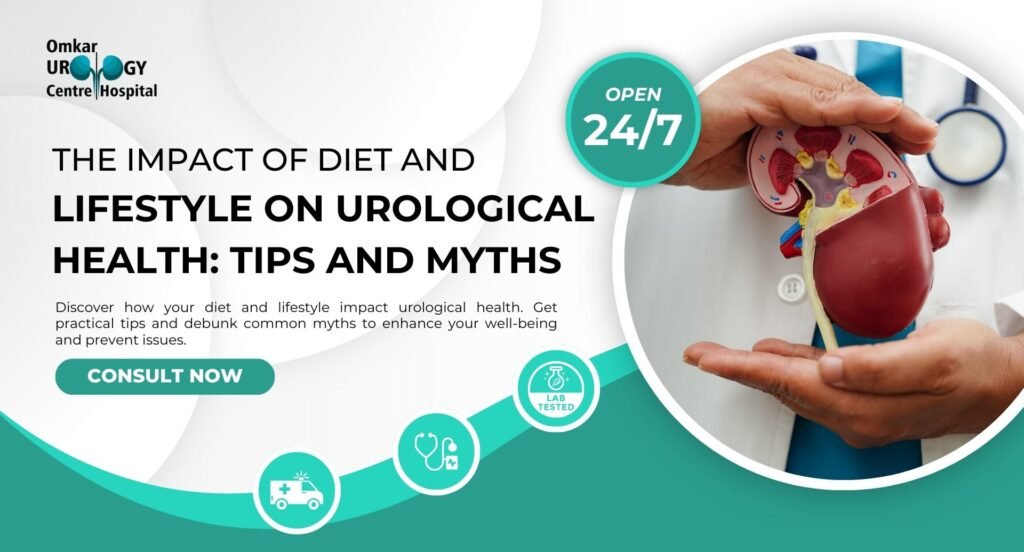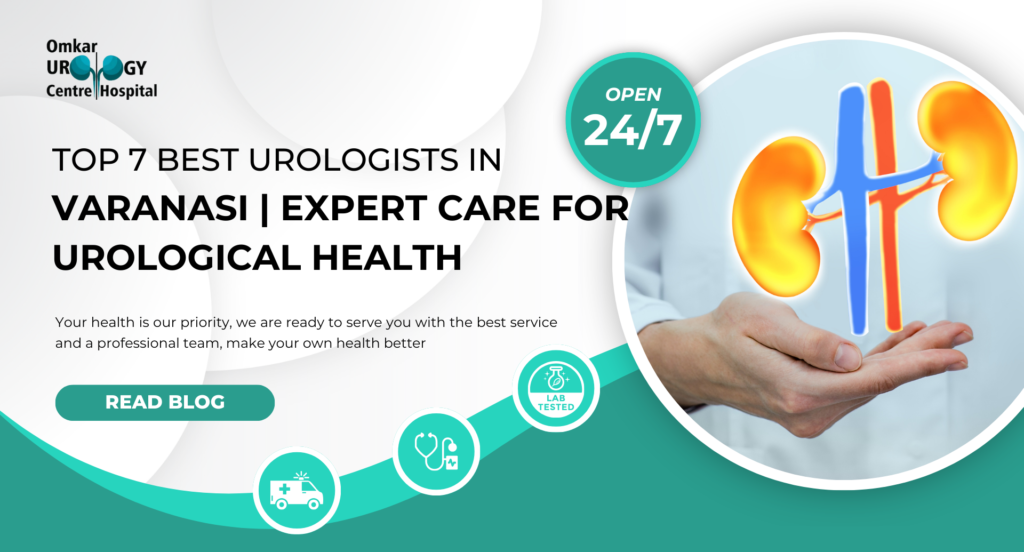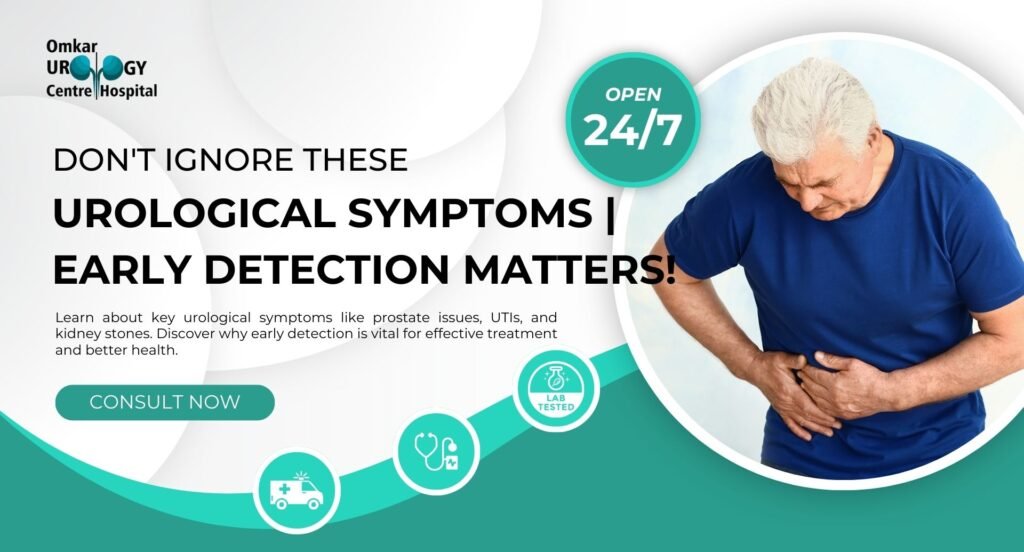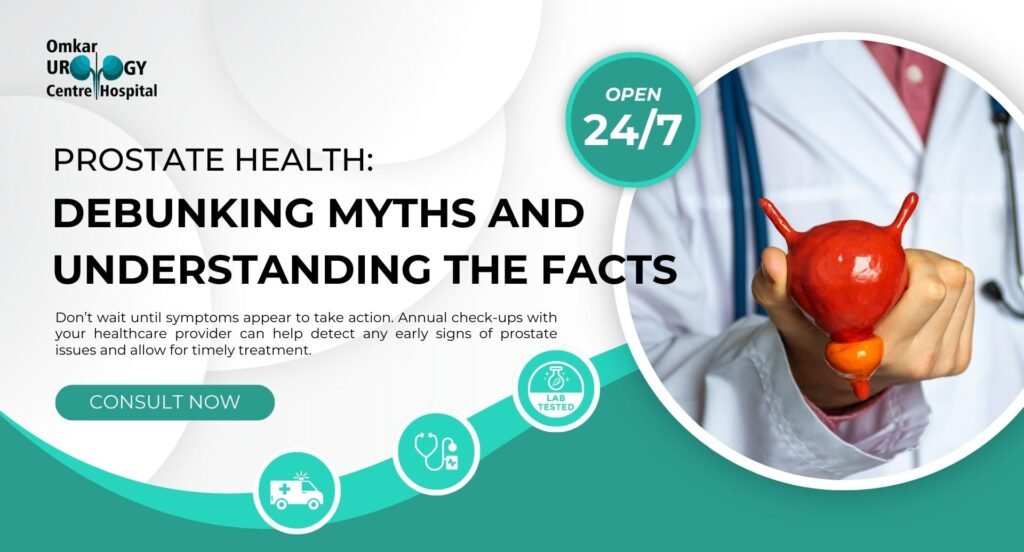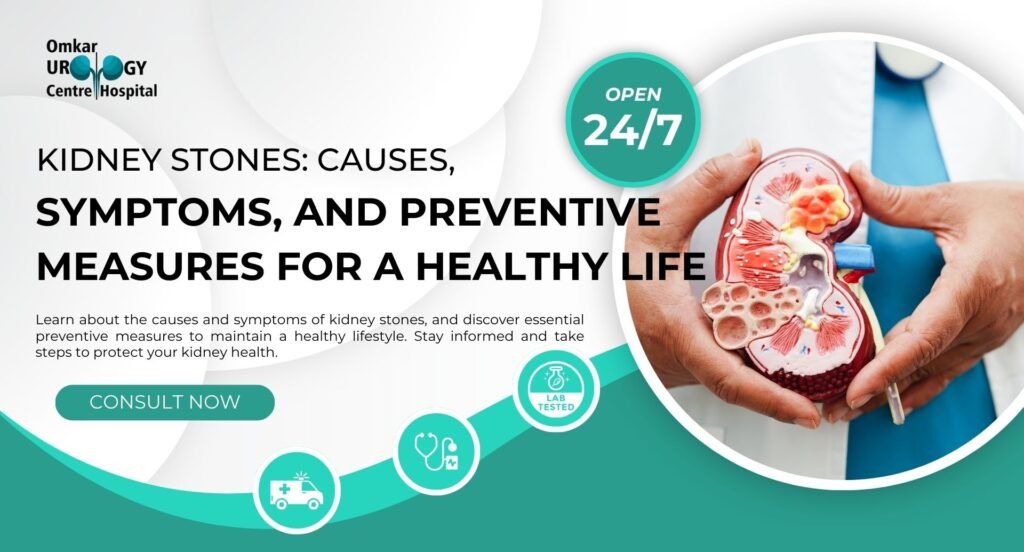
Kidney stones are one of the most common urological problems affecting people worldwide. They occur when substances like calcium, oxalate, and uric acid in the urine become concentrated and crystallize. If not treated timely, kidney stones can lead to severe pain, urinary tract infections, and other health issues. Understanding the causes, recognizing the symptoms, and taking preventive measures can help maintain a healthy life and reduce the risk of kidney stone formation.
What are Kidney Stones?
Kidney stones are hard deposits made of minerals and salts that form inside the kidneys. These stones can vary in size, and while some may pass through the urinary tract unnoticed, others can cause excruciating pain and complications if they block the flow of urine.
There are four main types of kidney stones:
- Calcium stones: The most common type, usually composed of calcium oxalate or calcium phosphate.
- Struvite stones: Form in response to urinary tract infections.
- Uric acid stones: Develop in people with chronic dehydration or high protein intake.
- Cystine stones: A rare type caused by a genetic disorder.
Causes of Kidney Stones
Several factors contribute to the formation of kidney stones, including:
- Dehydration: Not drinking enough water increases the concentration of minerals in the urine, leading to stone formation.
- Diet: A diet high in oxalate-rich foods (like spinach, nuts, and tea), salt, or animal proteins can raise the risk of developing kidney stones.
- Obesity: Being overweight or obese can increase the likelihood of stone formation due to altered metabolism and higher acid levels in the urine.
- Medical conditions: Certain conditions, such as hyperparathyroidism, inflammatory bowel disease, and chronic urinary tract infections, can increase the risk of kidney stones.
- Family history: A family history of kidney stones increases the chances of developing them.
- Medications: Some medications, including diuretics, calcium-based antacids, and drugs for treating HIV, can contribute to stone formation.
READ MORE: Understanding Common Urological Conditions and Symptoms
Symptoms of Kidney Stones
Kidney stones often cause no symptoms until they move within the kidney or pass into the ureter (the tube connecting the kidney and bladder). Common symptoms include:
- Severe pain: Typically felt in the side and back, below the ribs, and sometimes radiating to the lower abdomen and groin.
- Blood in the urine: The urine may appear pink, red, or brown.
- Frequent urination: A persistent urge to urinate, even if little comes out.
- Nausea and vomiting: Pain can be accompanied by these symptoms as the body reacts to the blockage.
- Cloudy or foul-smelling urine: This could indicate an infection along with the kidney stone.
- Fever and chills: A sign that an infection has developed, requiring immediate medical attention.
Risk Factors for Kidney Stones
Several risk factors increase the likelihood of developing kidney stones:
- Low fluid intake: Drinking less than 2 liters of water per day.
- Dietary choices: High intake of sodium, animal protein, and oxalate-rich foods.
- Sedentary lifestyle: Lack of exercise and prolonged immobility.
- Family history: A genetic predisposition to forming kidney stones.
- Gastrointestinal diseases: Conditions like Crohn’s disease or gastric bypass surgery that affect absorption of calcium and water.
Preventive Measures for Kidney Stones
Prevention is key to avoiding the pain and complications associated with kidney stones. Here are some lifestyle changes that can help reduce the risk:
- Stay Hydrated: Drinking plenty of water is the best way to prevent kidney stones. Aim for at least 8-10 glasses of water daily to dilute substances in the urine.
- Limit Salt Intake: Reducing the amount of sodium in your diet can help prevent calcium stones. Limit processed foods, fast foods, and salty snacks.
- Eat Calcium-Rich Foods: Contrary to popular belief, low calcium diets can increase kidney stone risk. Eat foods rich in calcium, such as milk, yogurt, and leafy greens, to bind oxalate in the intestines and prevent it from reaching the kidneys.
- Cut Down on Oxalate-Rich Foods: If you are prone to calcium oxalate stones, limit foods like spinach, chocolate, nuts, and tea.
- Reduce Animal Protein Intake: Reducing the consumption of meat, eggs, and seafood can help prevent uric acid stones by lowering acid levels in the urine.
- Maintain a Healthy Weight: Regular exercise and a balanced diet can help manage weight and reduce the risk of stone formation.
- Monitor Vitamin C Intake: Excessive vitamin C intake can increase oxalate in the urine. Stick to the recommended daily allowance unless advised otherwise by a doctor.
READ MORE: The Importance of Early Detection: Key Urological Symptoms You Shouldn’t Ignore
When to See a Doctor
If you experience severe pain, blood in the urine, difficulty urinating, or signs of infection (such as fever and chills), it is crucial to seek medical attention immediately. Small stones may pass on their own with increased fluid intake, but larger stones often require medical intervention, including medications or procedures like shock wave lithotripsy or surgery.
Why Choose Omkar Urology Hospital in Varanasi?
For residents of Varanasi and nearby areas, Omkar Urology Hospital stands out as the best urology hospital in Varanasi, specializing in the diagnosis and treatment of kidney stones and other urological conditions. With state-of-the-art technology, experienced urologists, and personalized care, Omkar Urology Hospital ensures that patients receive the best possible treatment for kidney stones and related conditions.
Whether you’re looking for preventive advice, advanced treatment options, or expert consultation, Omkar Urology Hospital is your trusted partner in achieving optimal urinary health. If you’re searching for the “best urology hospital in Varanasi” or need the expertise of a “urology doctor in Varanasi,” look no further than Omkar Urology Hospital.

